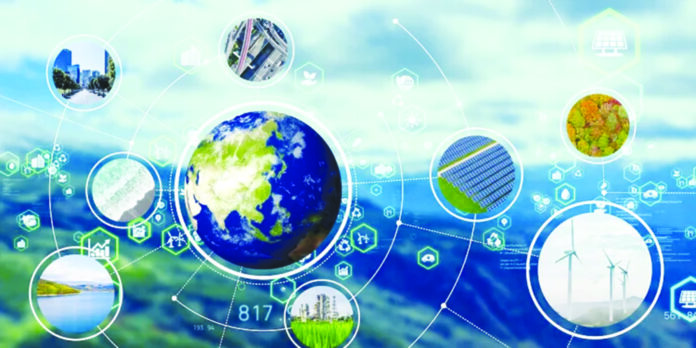In an increasingly interconnected world, the term “global” has become a cornerstone of discussions in business, technology, culture, and the environment. But what does “global” truly mean, and how does it impact our daily lives? This article explores the multifaceted nature of “global,” its significance, and its implications across various domains.
What Does “Global” Mean?
The term “global” refers to anything that encompasses or relates to the entire world. It signifies interconnectedness, universality, and the breaking down of geographical barriers. Whether it’s global trade, global warming, or global culture, the term highlights the collective experiences and challenges shared by humanity.
Key Areas Where “Global” Plays a Role
1. Global Economy
The global economy refers to the interconnected economic activities of countries worldwide. It includes trade, investment, and financial markets that transcend national borders.
- Key Features of the Global Economy:
- International trade agreements
- Cross-border investments
- Global supply chains
- Multinational corporations
- Benefits of a Global Economy:
- Access to diverse markets
- Increased innovation through competition
- Economic growth in developing nations
- Challenges:
- Economic inequality
- Dependency on global supply chains
- Vulnerability to global financial crises

2. Globalization
Globalization is the process of increased interconnectedness and interdependence among countries. It affects various aspects of life, including culture, technology, and politics.
Advantages of Globalization:
- Cultural exchange and diversity
- Access to advanced technology
- Improved communication and transportation
Disadvantages of Globalization:
- Loss of cultural identity
- Exploitation of labor in developing countries
- Environmental degradation
3. Global Warming and Climate Change
One of the most pressing global issues today is climate change. Global warming, caused by the excessive emission of greenhouse gases, has far-reaching consequences.
Effects of Global Warming:
- Rising sea levels
- Extreme weather events
- Loss of biodiversity
Solutions:
- Transition to renewable energy
- International climate agreements (e.g., the Paris Agreement)
- Sustainable practices in industries and agriculture
4. Global Health
The COVID-19 pandemic highlighted the importance of global health initiatives. Diseases know no borders, making international cooperation essential.
Key Aspects of Global Health:
- Disease prevention and control
- Access to vaccines and healthcare
- Research and development of treatments
Global Health Organizations:
- World Health Organization (WHO)
- Médecins Sans Frontières (Doctors Without Borders)
- Global Fund to Fight AIDS, Tuberculosis, and Malaria

5. Global Culture
The rise of the internet and social media has given birth to a global culture. People from different parts of the world now share music, movies, fashion, and ideas.
Examples of Global Culture:
- Hollywood movies being watched worldwide
- K-pop’s global fanbase
- International food chains like McDonald’s and Starbucks
The Role of Technology in a Globalized World
Technology has been a driving force behind globalization. From the internet to artificial intelligence, technological advancements have made the world more connected than ever.
Technological Innovations Driving Globalization:
| Technology | Impact on Globalization |
|---|---|
| Internet | Instant communication and access to information worldwide |
| Social Media | Cultural exchange and global movements |
| E-commerce | Cross-border trade and online shopping |
| Artificial Intelligence | Automation and global collaboration in industries |
How to Thrive in a Globalized World
To succeed in a globalized world, individuals and businesses must adapt to its challenges and opportunities.
Tips for Individuals:
- Learn a second language to communicate across cultures.
- Stay informed about global events and trends.
- Develop skills that are in demand worldwide, such as digital marketing or coding.
Tips for Businesses:
- Embrace diversity in the workplace.
- Leverage technology to reach international markets.
- Stay compliant with global regulations and standards.
The Future of “Global”
As we move forward, the concept of “global” will continue to evolve. Emerging technologies like blockchain, the metaverse, and quantum computing will redefine global interactions. Additionally, addressing global challenges like climate change and inequality will require unprecedented levels of international cooperation.
Why Understanding “Global” Matters
Understanding the concept of “global” is essential for navigating the complexities of the modern world. Whether you’re a student, a professional, or a business owner, being aware of global trends and issues can help you make informed decisions.
For more insights on global trends and their impact, visit TrendsMag, your go-to source for the latest updates and analysis.
Conclusion
The term “global” encapsulates the interconnectedness of our world. From the economy to culture, and from health to technology, the global perspective shapes our lives in profound ways. By understanding and embracing this interconnectedness, we can work together to create a more sustainable and inclusive future.





